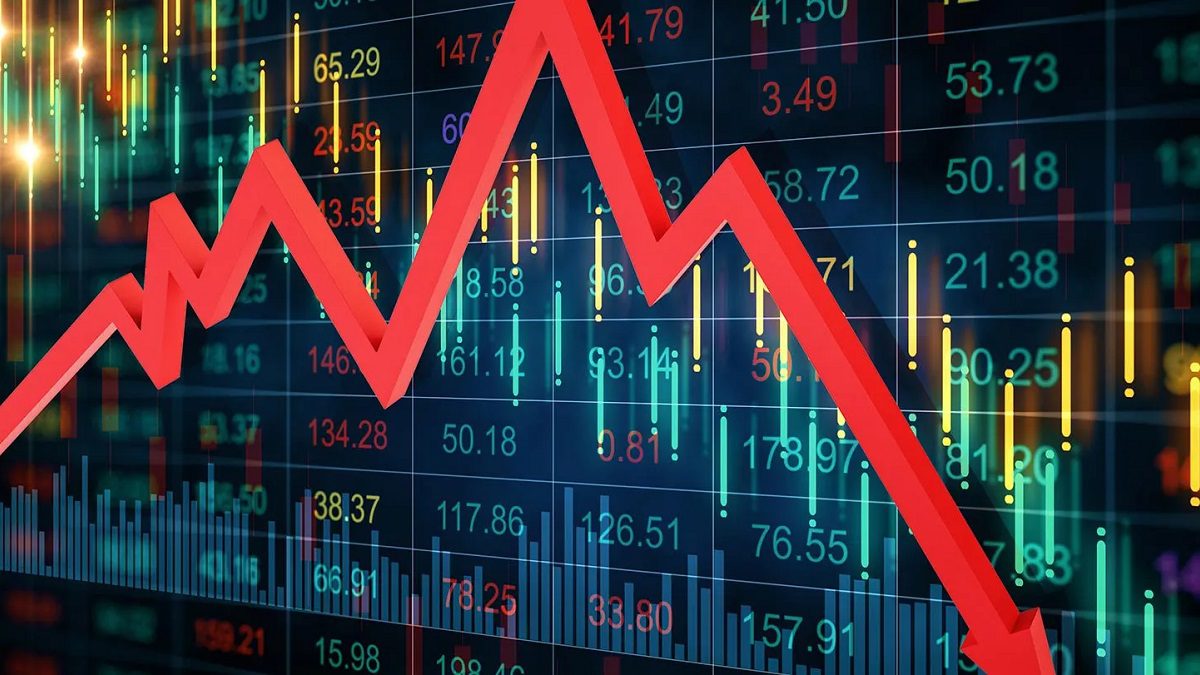
 The Central Bank of Nigeria (CBN) has directed all authorised dealer banks to, henceforth, effect payment of Personal Travel Allowance (PTA) and Business Travel Allowance (BTA) through electronic channels only.
The Central Bank of Nigeria (CBN) has directed all authorised dealer banks to, henceforth, effect payment of Personal Travel Allowance (PTA) and Business Travel Allowance (BTA) through electronic channels only.
According to Mahmud, in a separate circular, this is in line with the commitment to ensure transparency and stability in the foreign exchange market and avoid malpractices.
“For the avoidance of doubt, payment of PTA/BTA by cash is no longer permitted.
“Authorised dealer banks shall henceforth effect payout of PTA/BTA through electronic channels only, including debit or credit cards.
“Authorised dealers and the general public are hereby to note and comply accordingly,” he said.
In a related development, the Central Bank of Nigeria (CBN) has also announced an upward review of the Price Verification System (PVS) from 2.5 per cent to 15 per cent.
According to a circular by Dr Hassan Mahmud, Director, Trade and Exchange Department of the CBN, this is in a bid to check global inflation and other challenges.
BRANDPOWER reports that the PVS was initially introduced in 2022 to curb over-invoicing of imports.
It was mandated to ensure that prices of imported items that were above 2.5 per cent above the global average prices were queried.
The PVS is meant to streamline and regulate financial transactions and documentation in the banking sector and to reduce over-pricing and ensure price accuracy of imported goods.
According to Mahmud, due to global inflation and other related challenges, the CBN has reviewed the allowable limit of price deviation for exports and imports to -15 per cent and +15 per cent of global average prices respectively.
“Authorised dealer banks and the general public are hereby advised to note and comply accordingly,” he said.
He, however, said that the PVS was not meant to determine the actual prices of items for tariffs or duty charged by the government.
“It will, rather, enable the CBN curtail the excess outflow of limited foreign exchange through over-invoicing and other price manipulation activities,” he said.






















